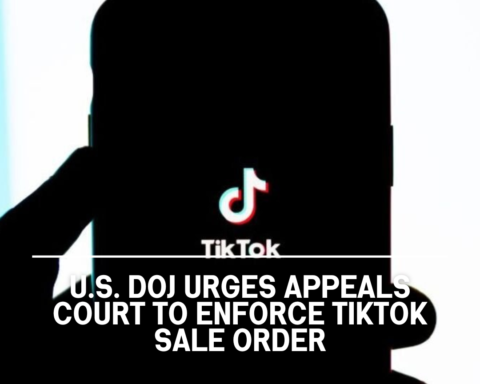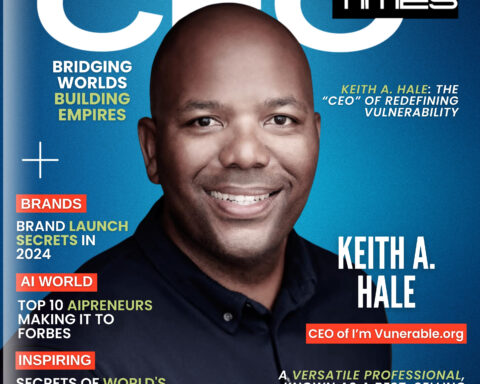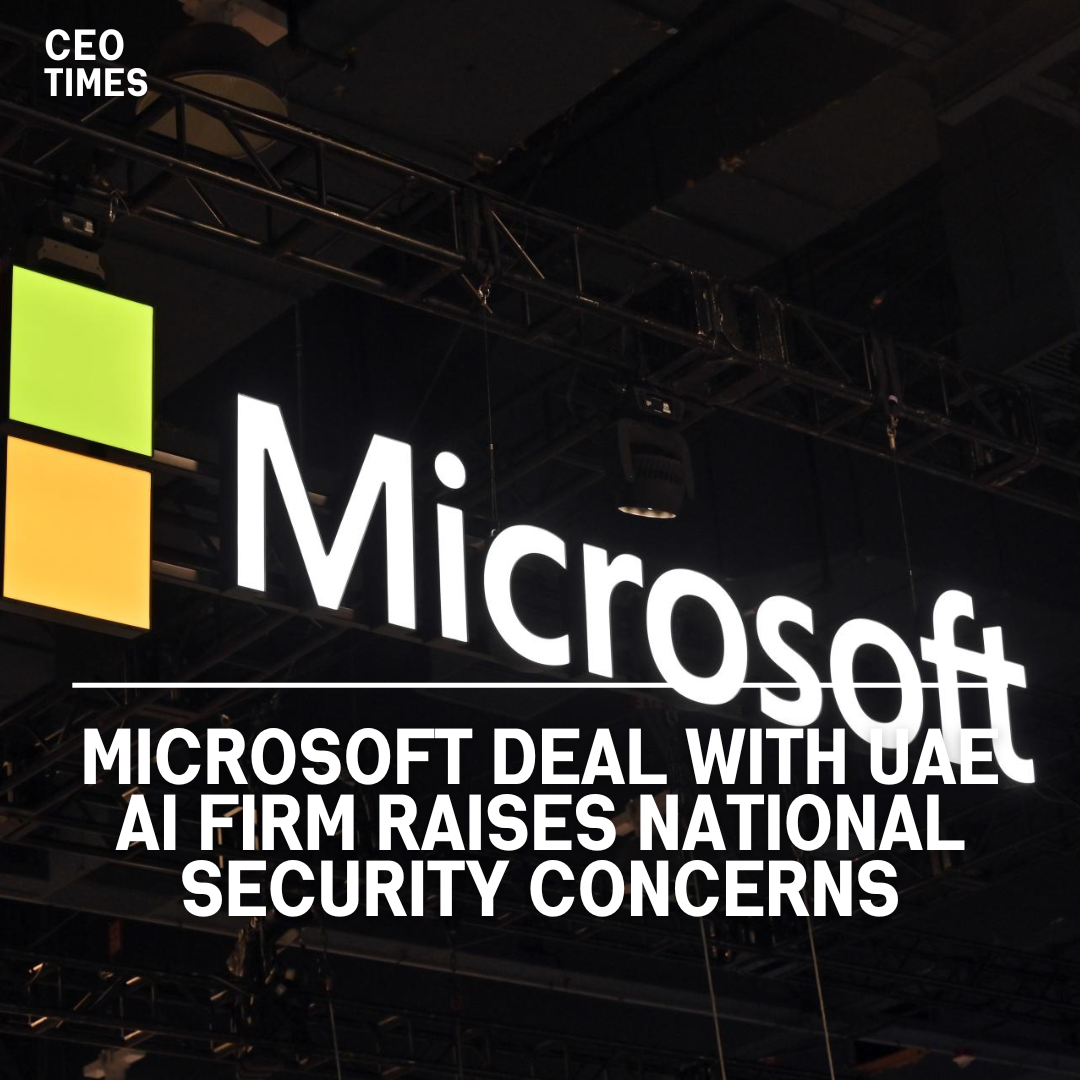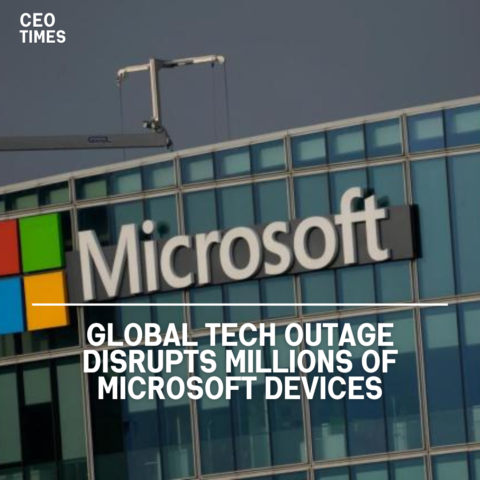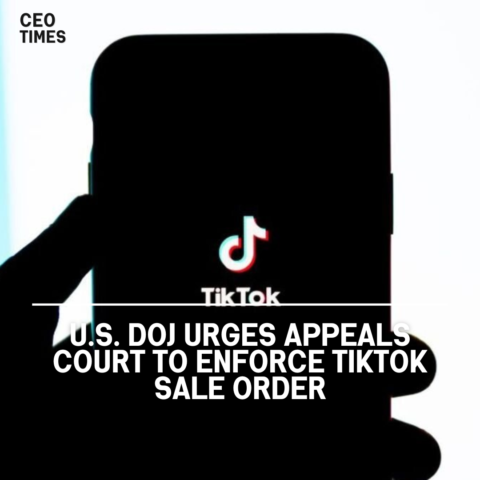Microsoft President Brad Smith said the tech company’s high-profile deal with the United Arab Emirates-backed AI firm G42 could eventually involve the transfer of sophisticated chips and tools – a move that a senior Republican congressman warned could have national security implications.
Potential Transfer of Crucial AI Components:
In an interview with Reuters this week, Smith said the sales accord, many details of which are being reported here for the first time, could progress to a second phase that entails the export of crucial components of AI technology such as model weights, a crown jewel of AI systems that determine how powerful they are. Smith said there is no firm timeline for the second phase.
U.S. officials have said that AI systems could pose national security risks, for example by making it easier to engineer chemical, biological, and nuclear weapons. The Biden administration in October required the makers of the largest AI systems to share details about them with the U.S. government.
Regulatory Approval and Safeguards:
To move forward, the deal would require the approval of the U.S. Department of Commerce. Microsoft executives said the agreement has safeguards to protect Microsoft’s technology and prevent it from being used by Chinese entities to train AI systems.
But those measures have not been made public, and some U.S. lawmakers question whether they are adequate. The closed-door nature of the negotiations between two private companies over the terms and safeguards on transfers of U.S. technology have alarmed some lawmakers.
Congressional Response:
“Despite the significant national security implications, Congress still has not received a comprehensive briefing from the executive branch about this agreement,” Michael McCaul, the Republican chairman of the foreign affairs committee in the U.S. House of Representatives, told Reuters. “I am concerned the right guardrails are not in place to protect sensitive U.S.-origin technology from Chinese espionage given the (Chinese Communist Party’s) interests in the UAE.”
The Commerce Department already requires notifications and, in several regions, export licenses to send AI chips abroad. But the Microsoft-G42 deal highlights gaps in U.S. laws as regulators rush to keep up with fast-moving technology.
Legislative Response:
At present, for example, there is no regulation restricting the export of AI models, though McCaul and a bipartisan group of lawmakers this week advanced legislation that would give U.S. officials more explicit power to do so.
Microsoft executives said the company welcomes a debate on a new legal framework governing the transfer of AI technology and that the deal with G42 requires the UAE firm to comply with U.S. regulations as they evolve.
Ensuring Global Technology Security:
“Fundamentally, what we’re focused on is trying to ensure that American technology can move around the world safely and securely,” Smith said.

